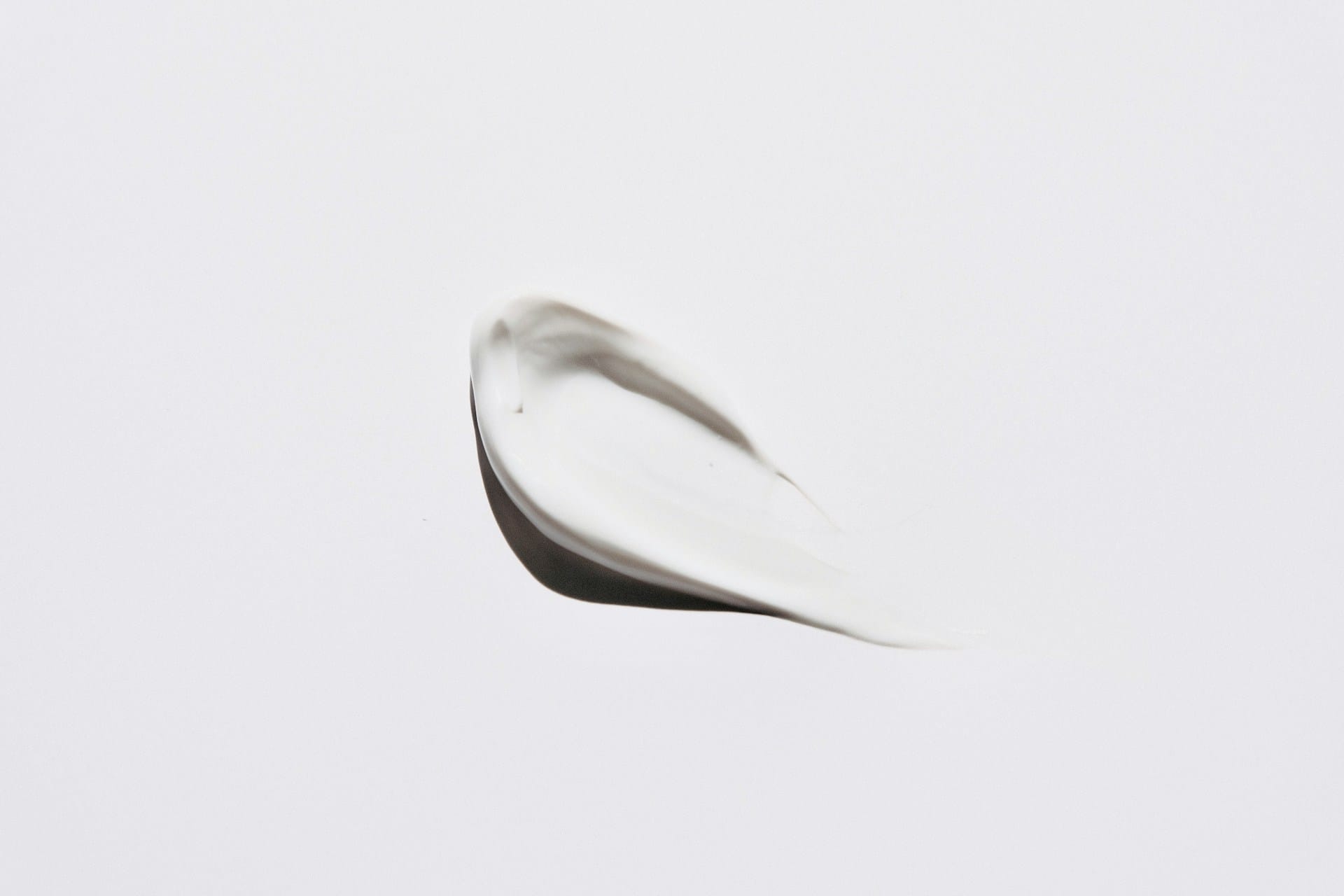Maintaining healthy skin is essential for overall well-being. However, various skin problems can arise due to lifestyle factors, environmental conditions, or underlying health issues. While some skin conditions are minor, others may require medical intervention. This article explores some of the most common skin problems, their causes, available treatments, and prevention tips to help you maintain a healthy, glowing complexion.
1. Acne: The Most Common Skin Problem
Causes:
Acne is one of the most prevalent skin conditions, affecting millions of people worldwide. It is caused by clogged pores due to the buildup of oil, bacteria, and dead skin cells. Hormonal changes, particularly during puberty, pregnancy, or menstrual cycles, can trigger or worsen acne. Other contributing factors include poor diet, stress, and the use of inappropriate skincare products.
Treatments:
There are various treatments for acne depending on its severity. Over-the-counter treatments include topical creams containing benzoyl peroxide or salicylic acid, which help to clear clogged pores and reduce inflammation. For more severe acne, dermatologists may prescribe oral antibiotics, retinoids, or hormone therapy. In some cases, chemical peels or laser therapy may also be recommended to treat acne scars.
Prevention Tips:
- Cleanse your face twice daily with a gentle, non-comedogenic cleanser.
- Avoid picking or squeezing pimples, as this can lead to scarring.
- Use oil-free, non-comedogenic makeup and skincare products.
- Maintain a healthy diet and stay hydrated.
2. Eczema: A Common Condition with Persistent Symptoms

Causes:
Eczema, also known as atopic dermatitis, is a chronic skin condition that causes red, itchy, and inflamed patches of skin. The exact cause of eczema is unknown, but it is believed to result from a combination of genetic and environmental factors. Triggers for eczema flare-ups include allergens (such as pollen, pet dander, and dust mites), stress, cold weather, and irritants like soaps and detergents.
Treatments:
While there is no cure for eczema, various treatments can help manage symptoms. Topical corticosteroids are commonly prescribed to reduce inflammation and itching. Moisturizers are essential for keeping the skin hydrated and preventing flare-ups. For severe cases, immunosuppressant drugs or biologic therapies may be recommended.
Prevention Tips:
- Avoid known triggers, such as harsh soaps and allergens.
- Keep your skin well-moisturized using fragrance-free creams or ointments.
- Use a humidifier to add moisture to the air, especially in dry climates.
- Wear soft, breathable fabrics to minimize skin irritation.
3. Psoriasis: An Autoimmune Condition Affecting Skin

Causes:
Psoriasis is an autoimmune disorder that causes rapid skin cell turnover, leading to the buildup of thick, scaly patches of skin. The condition is chronic and can be triggered by stress, infections, certain medications, and injuries to the skin. Genetics also play a role, with psoriasis often running in families.
Treatments:
There are several treatments available to manage psoriasis. Topical treatments like corticosteroids, vitamin D analogues, and coal tar can reduce inflammation and slow the rapid skin cell growth. Phototherapy, or light therapy, is another option that helps to clear up patches of psoriasis. In severe cases, systemic medications, including immunosuppressants or biologics, may be required to control symptoms.
Prevention Tips:
- Manage stress through relaxation techniques such as yoga or meditation.
- Avoid skin injuries, as these can trigger psoriasis flare-ups.
- Stick to your prescribed treatment plan and attend regular check-ups with your dermatologist.
4. Warts: A Common Viral Skin Infection

Causes:
Warts are caused by the human papillomavirus (HPV), which enters the skin through tiny cuts or abrasions. Warts can appear on any part of the body, but they are most commonly found on the hands, feet, and face. They are contagious and can spread through direct contact with a wart or contaminated surfaces.
Treatments:
Warts often disappear on their own, but treatment may be necessary if they are painful or unsightly. Common treatments include over-the-counter salicylic acid products, cryotherapy (freezing the wart), or laser treatment. For more stubborn or recurring warts, wart removal surgery in London is a common option, where dermatologists or skin specialists can perform minor surgical procedures to remove the warts effectively.
Prevention Tips:
- Avoid touching warts on yourself or others to prevent spreading.
- Keep cuts and scrapes clean and covered to reduce the risk of HPV infection.
- Wear shoes in public showers or locker rooms to prevent plantar warts.
5. Rosacea: A Chronic Skin Condition

Causes:
Rosacea is a chronic inflammatory skin condition that primarily affects the face, causing redness, visible blood vessels, and sometimes pus-filled bumps. The exact cause is unknown, but rosacea is often triggered by environmental factors such as sun exposure, hot or cold weather, spicy foods, alcohol, and stress.
Treatments:
While rosacea cannot be cured, treatments can help manage symptoms. Topical medications such as metronidazole or azelaic acid are commonly prescribed to reduce redness and inflammation. In more severe cases, oral antibiotics or laser therapy may be recommended to control the condition.
Prevention Tips:
- Protect your skin from the sun by wearing sunscreen with a high SPF.
- Avoid triggers that cause flare-ups, such as alcohol and spicy foods.
- Use gentle skincare products suitable for sensitive skin.
- Manage stress through relaxation techniques or therapy.
Conclusion

Skin problems can be frustrating, but with the right treatments and preventive measures, they can be managed effectively. Whether it’s acne, eczema, psoriasis, warts, or rosacea, early diagnosis and treatment are key to maintaining healthy skin. If you’re dealing with persistent or severe skin issues, consulting a dermatologist is the best course of action to ensure proper care and long-term relief. Remember to follow good skincare practices, protect your skin from environmental stressors, and seek medical advice when necessary to keep your skin in optimal condition.




